- HOME
- ABOUT
- RESEARCH
- INSIGHTS & HAPPENINGS
- JOIN US
- CONTACT US
-

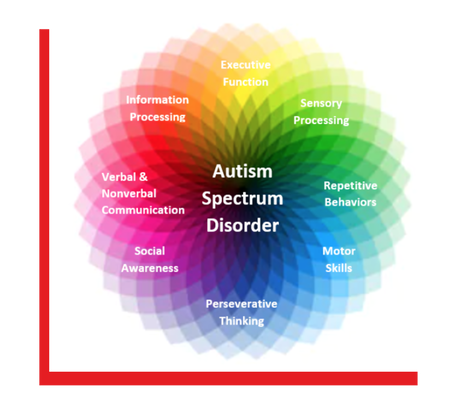
When one or more of your hormones are either overproduced or underproduced, you have a hormonal imbalance. It’s a general phrase that can refer to a wide range of hormonal disorders.
Hormonal imbalance in men are classified into:
Typically, the symptoms of ASD become clearly apparent between the ages of 12 and 24 months during early childhood. However, symptoms can potentially appear earlier or later.
Two common categories of ASD symptoms are:
1. Communication and social interaction difficulties
2. Restricted or repetitive behaviors or activities
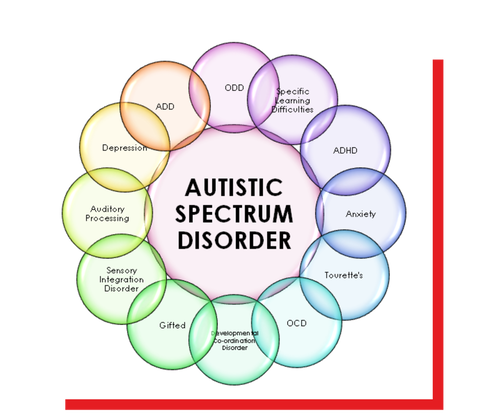
More than 1,000 genes have been linked to ASD, but many of these associations have not been confirmed. There are several genetic variations that are known to increase the risk of developing ASD, but not everyone who carries these variations will be affected. Most gene variants have a small individual effect. It is estimated that genetic factors account for between 40-80% of the risk for ASD.
The likelihood of an individual developing this complex disorder is also influenced by a combination of environmental risk factors, such as parental age, complications during birth, and other as-yet-unknown factors.
Being outside of the norm or mainstream is what is referred to as conventional treatment. Only a few proven therapies are available for ASD:
All of these therapies may be beneficial, but none of them can treat ASD, and the drugs may have negative side effects.
A subtype of endosomes called multivesicular bodies contain membrane-bound intraluminal vesicles. These intraluminal vesicles form by budding into the lumen of the multivesicular body and are the precursor to exosomes. Some intraluminal vesicles are released into the extracellular environment, but most fuse with lysosomes for degradation. Exosomes are formed when intraluminal vesicles are secreted out of the cell into the extracellular environment, which happens when the multivesicular body and plasma membrane fuse.
MSCs, or mesenchymal stem cells, use their properties of self-renewal, immune modulation, anti-inflammation, signaling, and differentiation to have a positive impact on the body. MSCs can also self-renew by dividing and developing into multiple specialized cell types found in a specific tissue or organ. MSCs are adult stem cells, meaning they do not raise ethical concerns and are not derived from embryonic material.
MSCs are multipotent stem cells that can self-renew and differentiate into various cell types such as neurons, hepatocytes, adipose tissue, cartilage, muscle, tendon/ligament, and bone. They play a role in tissue regeneration and differentiation, including maintaining homeostasis and function, adapting to changes in metabolism or environment, and repairing damaged tissue.
CelltiX is a type of extracellular vesicle from Umbilical Cord-Derived Mesenchymal Stem Cells (MSCs) manufactured in our GMP Lab.
It is a novel form of a major paracrine factor released by MSCs into a culture medium, which plays an important role in a wide range of biological processes.
CelltiMax is a product derived from human umbilical cord-derived Mesenchymal Stem Cells (MSCs). The cells are cultured, then administered to the patient via intramuscular or intravenous injection. They have the ability to differentiate into specialized cells with specific functions for various parts of the body, and can reduce inflammation, repair, renew, regenerate, and replace damaged cells.
One week before treatment:
If you feel we might be able to offer meaningful improvement to both your condition and your quality of life, then please reach out to schedule a free consultation with one of our in-house clinical experts. We offer consultations in both Malay and English.




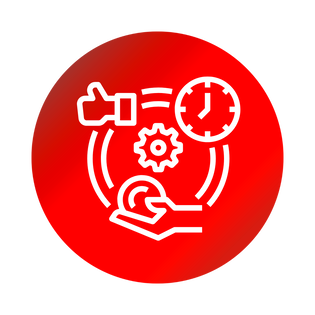
Review your medical history & recent evaluations
Explore what your treatment package might look like
Answer any questions you have about us
Answer any questions you have about the therapies
Discuss practical next steps,
if you feel we can effectively treat you
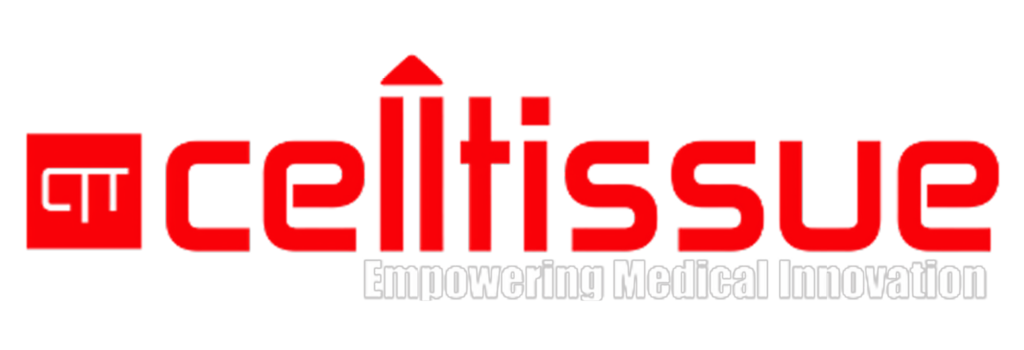
Founded in 2010, Cell Tissue Group is a pioneering Malaysian medical technology company and a spin-off from the National University of Malaysia (UKM). As Malaysia’s first Tissue Engineering firm, Cell Tissue Group operates within a certified GMP Lab, ensuring the highest standards of medical research and product development, particularly in Tissue Engineering and Regenerative Medicine.

Founded in 2010, Cell Tissue Group is a pioneering Malaysian medical technology company and a spin-off from the National University of Malaysia (UKM). As Malaysia’s first Tissue Engineering firm, Cell Tissue Group operates within a certified cGMP laboratory, ensuring the highest standards of medical research and product development, particularly in Tissue Engineering and Regenerative Medicine.
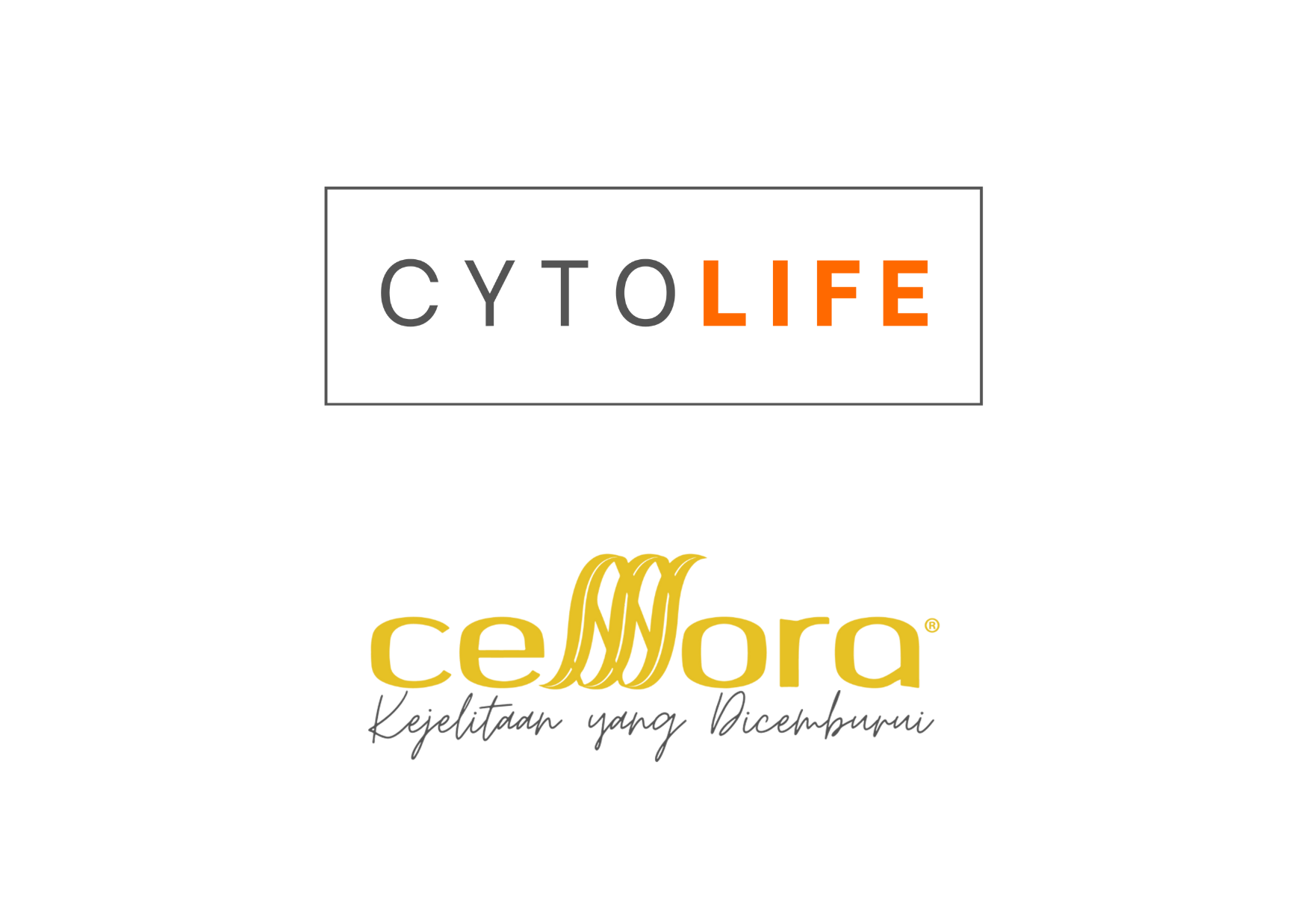
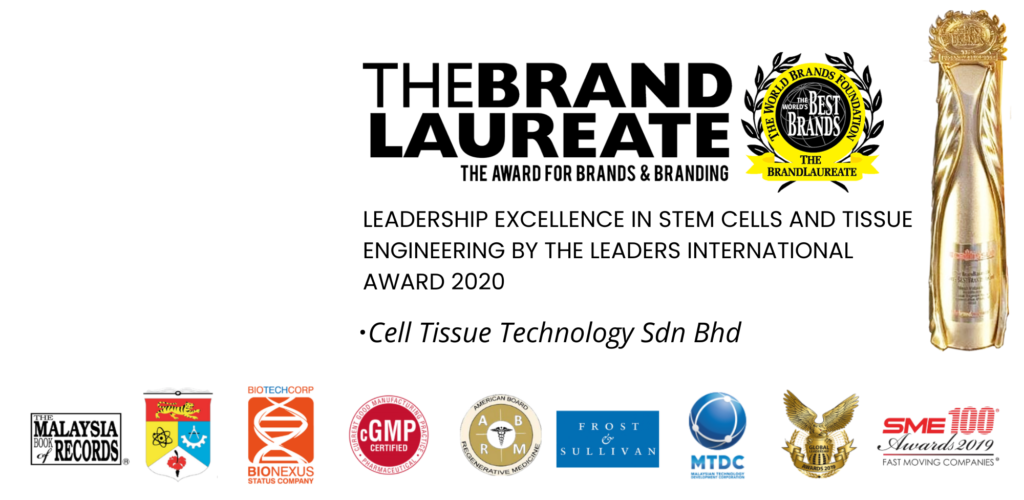
Proudly powered by CTG © 2010-2026 Cell Tissue Group, a Universiti Kebangsaan Malaysia Spin-Off Company. – All Rights Reserved.